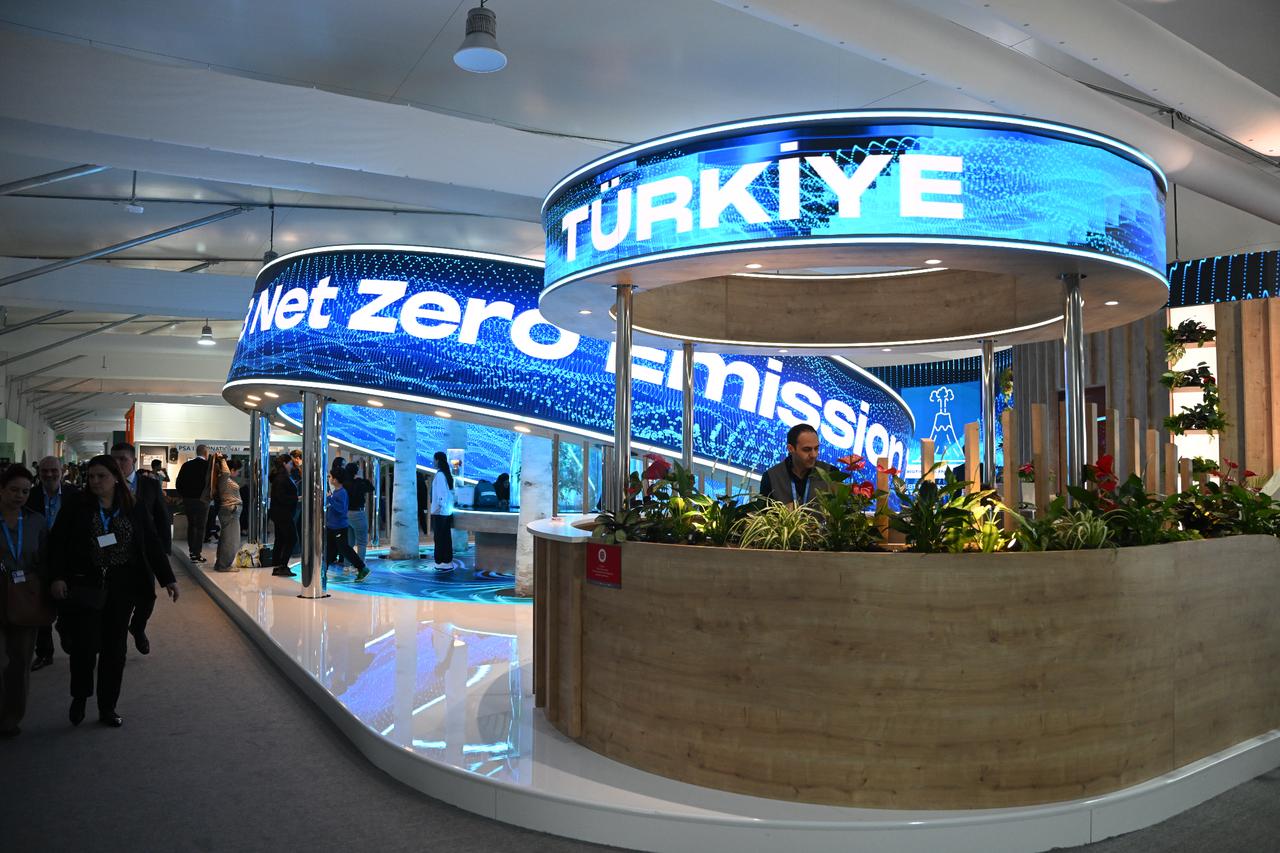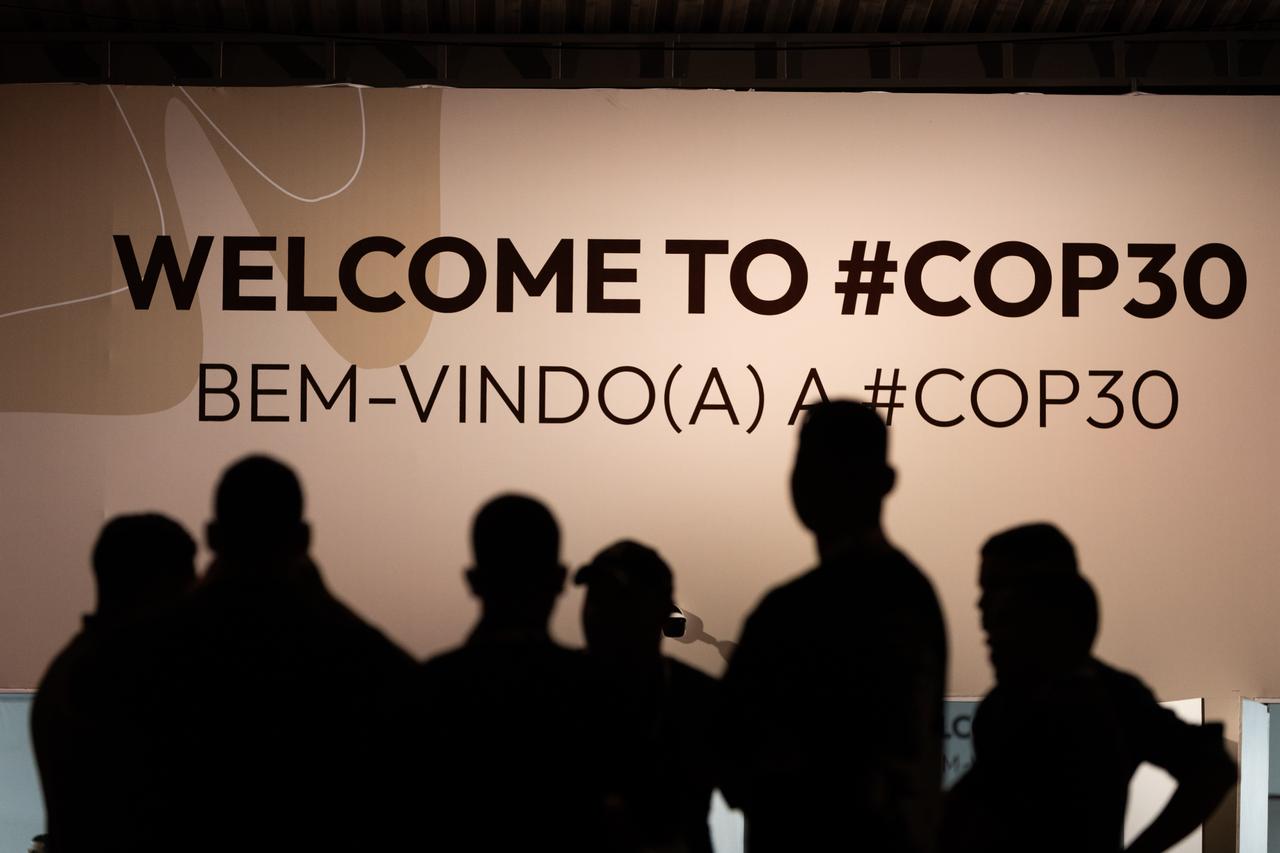
Türkiye, a candidate to host the 31st United Nations Climate Change Conference (COP31) in 2026, aims to bring its expertise in peace diplomacy to the global climate stage, seeking to organize an inclusive summit that leaves no nation behind, a senior climate official said Wednesday.
Speaking to Turkish news agency Anadolu during COP30 in Belem, Brazil, Halil Hasar, Türkiye’s Climate Change Director at the Ministry of Environment, Urbanization and Climate Change, said the country is pursuing a results-oriented and realistic approach to climate negotiations, grounded in its 2053 net-zero target.
“Climate action should not be confined to negotiation tables,” Hasar said. “It must be realistic and focused on results. Our goal is to foster inclusivity and ensure that no country is left out.”
Hasar outlined Türkiye’s progress toward its climate goals, highlighting its updated Nationally Determined Contribution (NDC), known as NDC 3.0, which was officially submitted just before COP30. President Recep Tayyip Erdogan first announced the plan during the Climate Summit in New York on Sept. 24.
“In our Second Nationally Determined Contribution, we used a complete inventory of greenhouse gas emissions across all sectors,” he said. “We developed a model with support from leading institutions, including Cambridge and Oxford, and our in-house experts.”
According to Hasar, the modeling team analyzed how Türkiye can achieve net-zero emissions by 2053, taking into account current mitigation policies and available technologies. The updated NDC sets 2035 as a key milestone, focusing on a significant transition to renewable and clean energy.
“Not every country can substantially increase renewable energy capacity,” Hasar noted. “You cannot replace base-load energy sources overnight. The right strategy is to diversify renewable and alternative sources while steadily reducing fossil fuel use.”

Hasar also emphasized Türkiye’s core priorities in climate negotiations, including adaptation finance, simplified indicators, and more equitable global support mechanisms.
“We must define how the annual $1.3 trillion climate finance target will be used, how investments will be directed, and which projects will benefit,” he said. “We propose reducing the number of adaptation indicators from 5,000 to around 100 to ensure better tracking and functionality.”
He added that adaptation financing must at least double to meet current and future needs, especially for vulnerable countries.
“Each country has unique vulnerabilities. Using tailored indicators will make adaptation efforts more effective,” Hasar said.
Highlighting Türkiye’s unique role in global diplomacy, Hasar said the country’s neutral position in climate blocs gives it an advantage as a bridge-builder in future negotiations.
“Türkiye has no formal alignment with any specific negotiation group. It acts independently, with a focus on global climate action and national interests,” he said. “We want to use our peace diplomacy experience to foster trust and dialogue at COP31.”
Vice President Cevdet Yilmaz, speaking earlier at the COP30 Leaders Summit, said Türkiye is ready to serve as a bridge between the global north and south—a sentiment Hasar echoed.
“We do not want negotiations dominated by self-interest and lacking empathy,” he said.
“Türkiye understands the perspectives of both developed and developing nations. We are engaged in intensive talks about hosting COP31 and are fully committed to making it a summit where all voices are heard.”